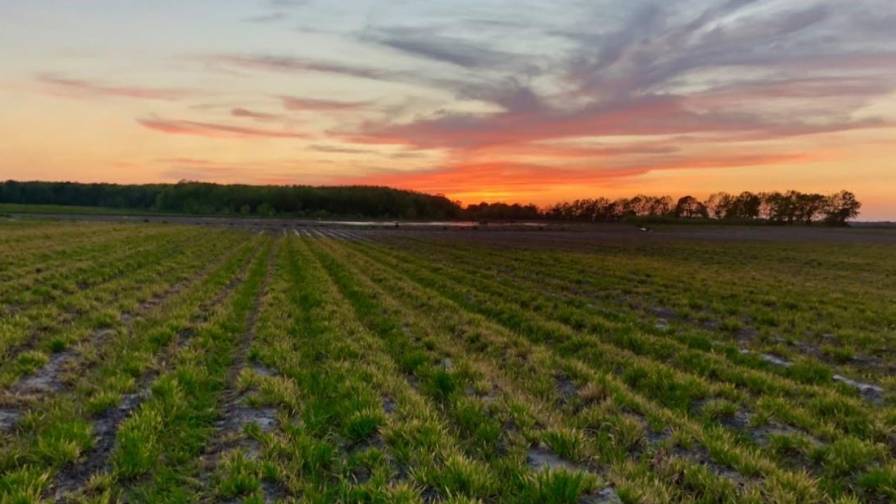Bayer Entomologist Issues Statement On Annual Honeybee Losses
Richard (Dick) Rogers, Principal Scientist / Entomologist, Bayer Bee Care Center for Bayer CropScience LP, today issued the following statement regarding the release of USDA’s annual national survey of honey bee colony losses:
“The latest report from USDA is good news for all who care about bee health. For the second year in a row, winter losses of U.S. honey bee colonies were below the historic average seen since these annual surveys began. More importantly, the long-term trend of overwintering losses continues to show improvement.
“This report comes shortly after the USDA released its annual Honey Report, which showed that the number of U.S. honey bee colonies grew to 2.74 million in 2014, the highest level in many years, continuing a 10-year trend of steady growth.
“This is only the third year that the USDA has reported on summer losses, so it is difficult to identify any potential trend. Summer losses are expected and common, however, because of Varroa, other disorders, queen issues, and pesticide residues in hives, especially high residues of bee protecting Varroacides. Experts have yet to agree on what’s considered a normal range for summer losses.
“Even with this good news about overwintering trends, we must continue to focus on the challenges facing bee health. Bayer CropScience is developing new solutions to the problems caused by the invasive Varroa mite and is working to tackle another major issue facing pollinators today – lack of forage – through our Feed a Bee initiative. And we recently announced our Healthy Hives 2020 research collaboration with honey bee experts to identify tangible actions to help improve the health of honey bee colonies over the next five years. Although there is much work yet to do, this report validates the efforts of many stakeholders who are working to protect bees and promote sustainable agriculture.”






